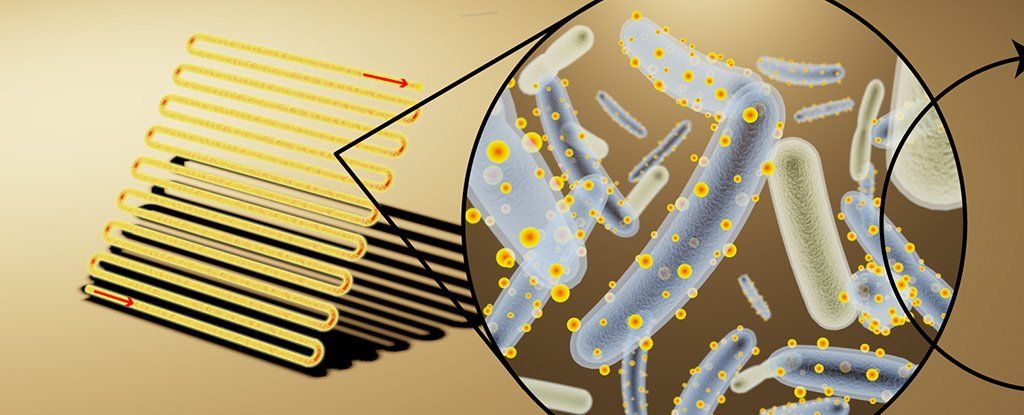In an effort to improve the efficiency of natural photosynthesis, a researcher at the University of California, Berkeley, has created cyborg bacteria.
These bacteria were trained to grow and cover their bodies with tiny semiconductor nanocrystals that act as efficient solar panels for harvesting sunlight.
Although most life on Earth relies upon photosynthesis as its source of energy, the process has a weak link: chlorophyll. Plants and other organisms use the green pigment to harvest sunlight during photosynthesis, but it is rather inefficient.
Read more
